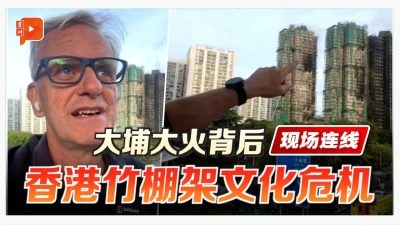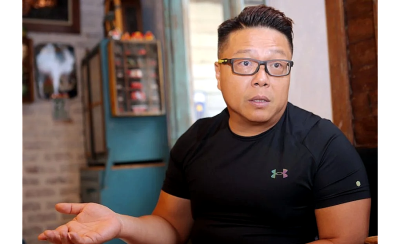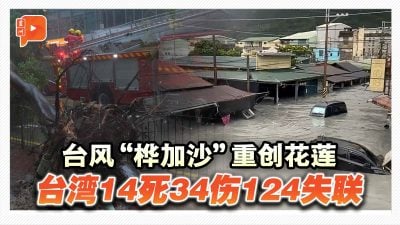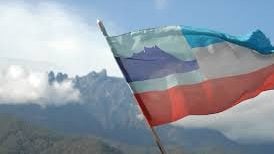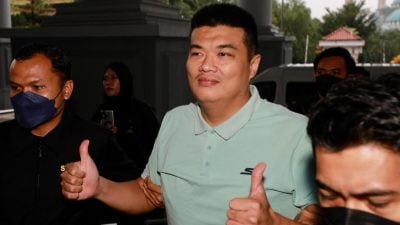HONG KONG: Hong Kong is set to end the year in the midst of a full-blown recession, the city’s finance chief warned Thursday, as Covid-19 controls and spiraling interest rates hammer the economy.
“There is a very high chance for Hong Kong to record a negative GDP growth for this year,” Financial Secretary Paul Chan told reporters.
“Hong Kong has been raising interests at a pace that was never seen in the past three decades,” he added.
The Chinese city’s monetary policy moves with the Federal Reserve because its currency, one of the cornerstones of its business hub reputation, is pegged to the US dollar.
The Fed’s hawkish rate hikes, aimed at curbing inflation, come at an especially difficult time for Hong Kong because it will further dampen sentiment at a time when the economy is already struggling.
The city is currently in a technical recession — recording two consecutive quarters of negative growth this year.
For more than two and a half years Hong Kong’s government has adhered to a version of China’s zero-Covid policy, enforcing strict coronavirus controls and mandatory quarantine for international arrivals.
Quarantine, once as long as three weeks, has now been reduced to three days and the government has signaled it may soon join the rest of the world in scrapping travel curbs.
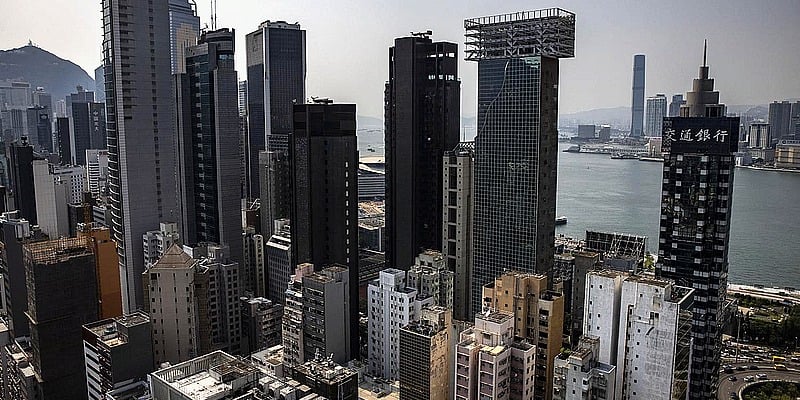
Chan signaled his support for making travel and business easier.
“The aspects related to the pandemic need to continue to improve in order for us to see larger investments because people are more cautious in a high interest rates environment,” he said.
Hong Kong is one of the world’s wealthiest places, per capita — although there is entrenched inequality.
The city has healthy fiscal reserves but they have been depleted by the pandemic.
On Sunday, Chan said the fiscal deficit is expected to balloon to HK$100 billion ($12.7 billion) this year, twice initial estimates.
The Fed’s rate hikes hit Hong Kong’s stock market which fell as much as 2.6 percent on Thursday, to 17965.33, the lowest since December 2011.
The Hang Seng Index has been one of the worst performing top bourses in the past two years, shedding more than 22 percent since the start of January following last year’s 14 percent drop.
The Hong Kong Monetary Authority followed the Fed’s hikes and warned banks may soon lift their prime interest rates later this year, making borrowing more expensive.
So far major banks such as Standard Chartered and HSBC have resisted following the Fed but the HKMA has warned it is “very likely” it may have to follow suit, especially if more Fed hikes come in November.
“The public should be prepared for the Hong Kong dollar interbank rates to rise further,” HKMA Chief Executive Eddie Yue told reporters Thursday.
Hong Kong also saw a recession in 2019 when months of huge and sometimes violent democracy protests rocked the city.
ADVERTISEMENT
ADVERTISEMENT







